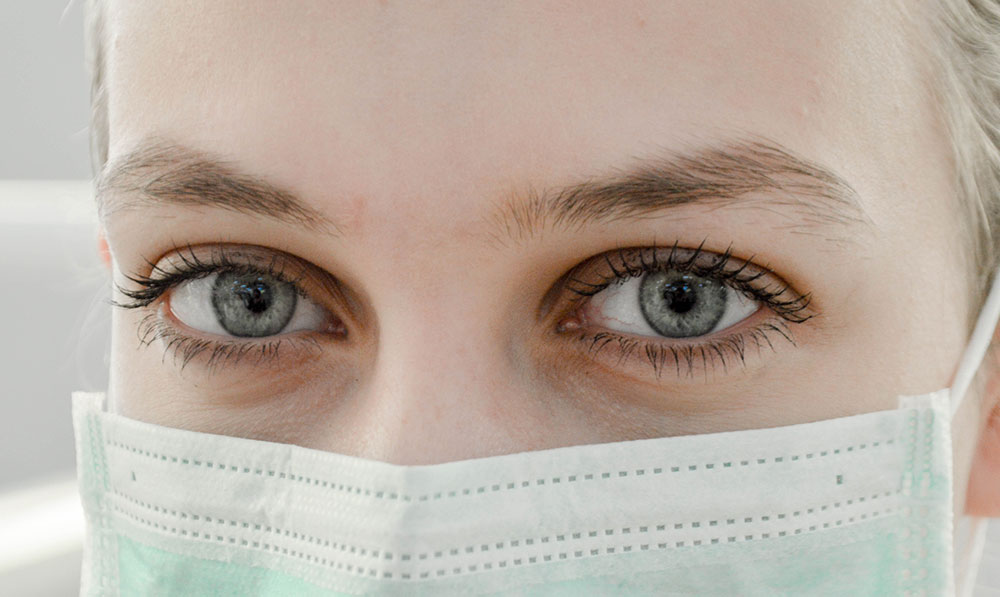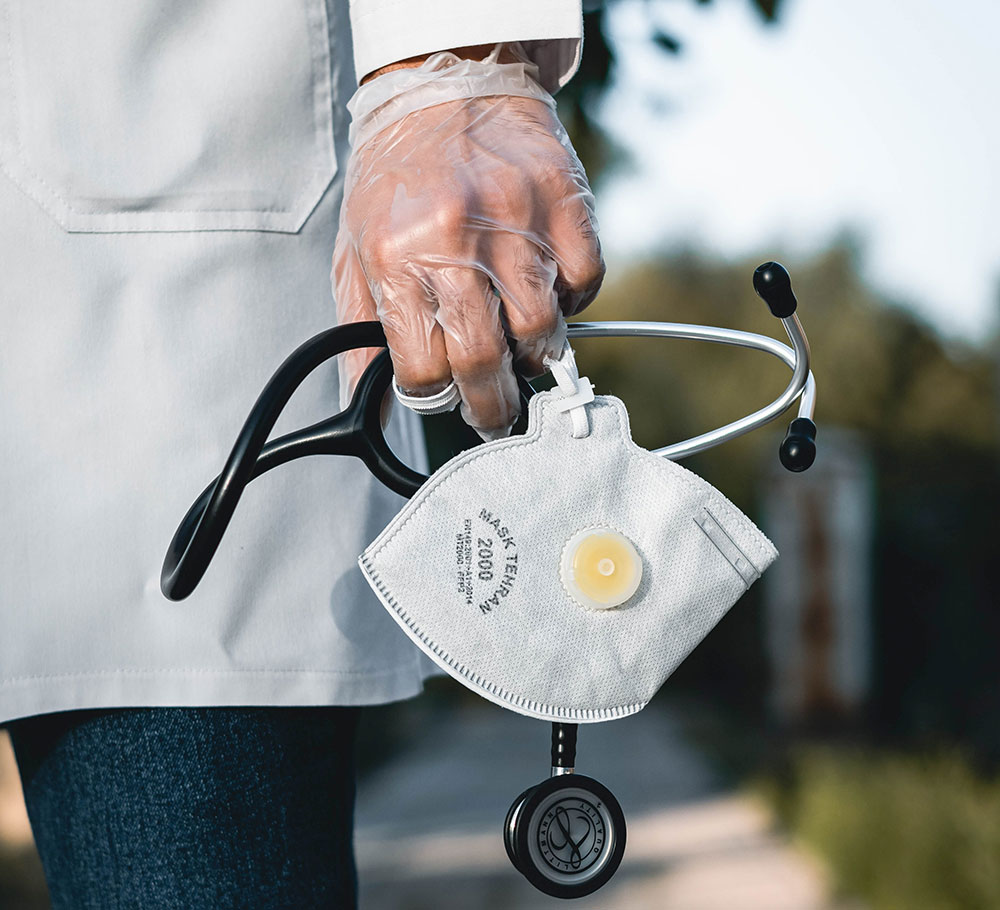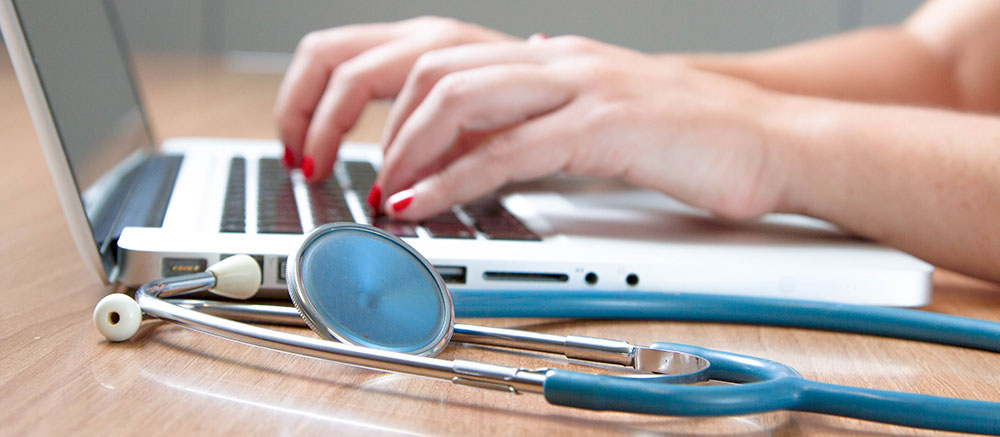The COVID-19 pandemic has resulted in a worldwide crisis but has opened our eyes to the importance of frontline workers. For years, they have been undervalued in society, particularly those in health services, cleaning, and public transport.
With tax time just around the corner, it makes sense to know what you can and cannot claim as someone serving in the frontlines. The last thing you want is to lodge your tax return without claiming deductions you are entitled to.
This blog post will guide you so you can claim what is yours during tax time.
Essential Tax Tips and Hacks for Frontline Workers
Medical Professionals
During COVID-19, medical professionals, such as general practitioners and pharmacists, have vital roles to play. Most medical professionals outlay a considerable amount each day for work-related expenses but do not get reimbursed.
If you are among them, you may not be aware of the tax deductions you can claim, which include the following:
- Travel and Car ExpensesIf you travel for your work, you can claim work-related travel expenses. These travels include home visits and going from one clinic to another, whether using your own vehicle or through public transport. Keep in mind there are some exemptions, especially travelling from home to work and vice versa. It means you cannot claim your expenses in a given situation.You can, however, boost your claim by using your car and drive more than 5,000km yearly. Make sure that you have a diary that documents the number of kilometres travelled for at least 12 weeks. Keep your receipts as well, such as tyres and fuel services.
- Tools and EquipmentWhen you purchase tools or equipment, they may qualify for a deduction as long as you have paid for the items and did not get reimbursed. Some of the work-related expenses that are tax-deductible are:
- Personal Protective Equipment, such as gloves, goggles, and masks
- Phone and Internet use
- Computer accessories, including headphones and cables
- Medical equipment, such as scales and stethoscopes
You can also get a deduction if you paid for the repair costs of any tools or equipment that you use for work.
- Self-EducationIf you plan to take up a course related to your job, you can also claim a deduction. However, it should be directly within your field and will not allow you to advance or move to another speciality. For example, if you are a dentist, you cannot claim for course expenses for orthodontics.
- OthersOther claimable expenses include:
- Medical journal subscriptions
- Professional association membership costs
- Insurance, such as income protection and professional indemnity
What can you not claim? If it is not work-related, you cannot get a deduction. If it is related to your job, but you have been reimbursed, you cannot claim it either.

Nurses, Midwives, and Carers
Just like doctors, nurses, carers, and midwives are all vital to the health industry. Although COVID-19 numbers have been declining in many parts of Australia, frontline workers still need to continue providing service.
Typically, you pay for items that help make your job easier, but you do not get reimbursed. During tax time, you want to be aware which among those out-of-pocket expenses are claimable and which are not.
- Travel ExpensesIf you travel to work, such as going from one patient or hospital to another, you can claim fuel or any related expense.
- Other ExpensesAside from car and travel, you may be entitled to claim other purchases, such as:
- Uniforms that are directly and uniquely for the nursing industry
- PPE, including masks and gloves
- Self-education for improving your nursing career and existing skills
- Phone and Internet for all work-related calls, emails, and others
- Equipment, such as stethoscopes and torches
- Other Fees for certificates, association or union fees, and annual practising
Even the smallest expenses can boost your savings as they accumulate. For example, you can claim purchases, such as pens, logbooks, and diaries. If you subscribe to nursing magazines, publications, and books that will help improve your skills and maintain your knowledge, you can claim them as well.
If you wish to claim any expense related to self-education, remember that only those relating to your current career are valid. Studying to get a promotion or become a doctor will cancel the self-education claims.
When claiming your uniform expenses, you should include repairs and laundry. Only uniforms that are distinctly recognisable for someone in the industry can be claimed. Aside from the nurse uniform, you can also claim the costs of a uniform that bears your company’s logo or name.
As much as possible, you should be ready with receipts when you claim for the listed expenses above. Keep a logbook as well to document all claimable items.
If your company has already reimbursed the expenses, you can no longer claim the deduction.

Police Officers
Police officers are crucial during the pandemic. They are among the people in the frontlines to help curb COVID-19. Officers also keep the public safe. If you are a police officer, there are several things that you can claim during tax time.
Before you proceed, you should only include those expenses that have not been reimbursed. Reimbursement is not the same as the allowance that your employer may give you. If you incurred an expense and your employer pays for it in full or its exact amount, this payment is called a reimbursement. Therefore, you cannot claim a deduction for it, and it should not be added as income when lodging your tax return.
- What You Can ClaimYou can claim a deduction for any expense as long as you did not get reimbursed. The one you paid should come from your own pocket, and the item or purchase should be directly related to your job. Keep a record of all these expenses to make claiming much easier.If you meet the above requirements, you may claim a tax deduction for the following:
- Bulletproof jackets
- Body armour
- Vests
- Car and travel
- Clothing and footwear
- First aid courses and other self-education programs
- Safety goggles and protective sunglasses
- Phone and Internet
- Overtime meals (unless the expense is not a separate allowance or included in your salary)
If you claim a deduction for laundry, you do not need to provide a written document if it is under $150. The Australian Taxation Office counts the cost of laundry per load, which is valued at $1. However, this amount only applies if the load is used solely for your work-related clothing. If there are added items, you can claim 50 cents per load.
Meanwhile, repairs and dry cleaning, for example, should have receipts.
- What You Cannot ClaimAlthough you can claim car and travel expenses, you cannot claim a deduction if you drive from home to work or vice versa. Also, night shifts outside business hours will not be honoured.Other items and expenses you cannot claim are:
- Self-education for classes that will lead you outside the police force
- Plain clothing costs, even those that your employer allows you to wear
- Clothing for functions and conferences, such as suits
- Grooming, such as haircut and cosmetics
- Footwear if it does not provide any protection
- Fees for your driver’s licence
Gym expenses are not covered. However, if your role requires you to maintain a high level of fitness, it may be tax-deductible.
For a complete list of industries, please see dedicated tax checklist page.
*General Advice Warning – “Any financial advice provided by TaxReturn.com.au is general in nature and is not personal financial advice. It does not take into account your objectives, financial situation, or needs. Before acting on any information, you should consider the appropriateness of it regarding your own objectives, financial situation and needs.”


